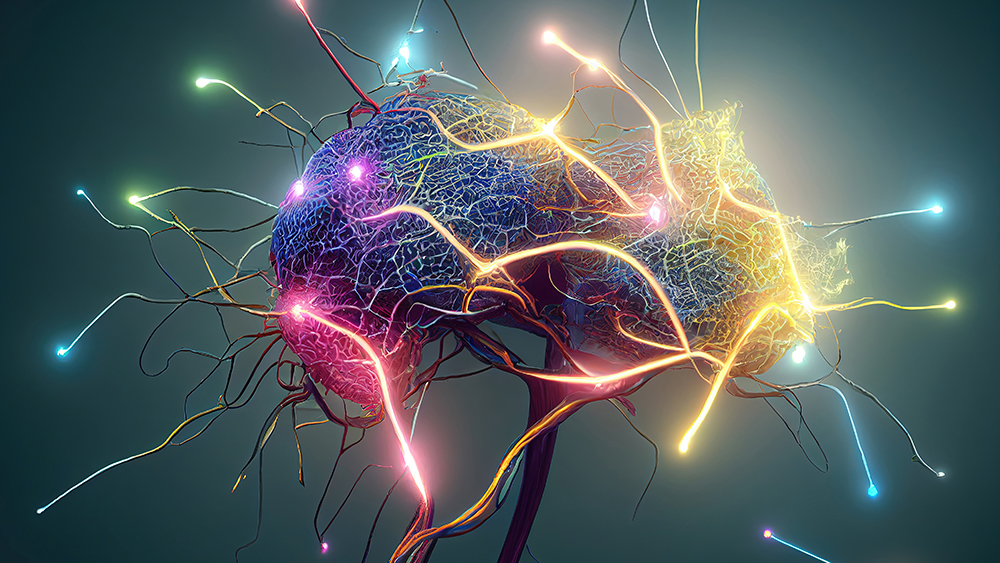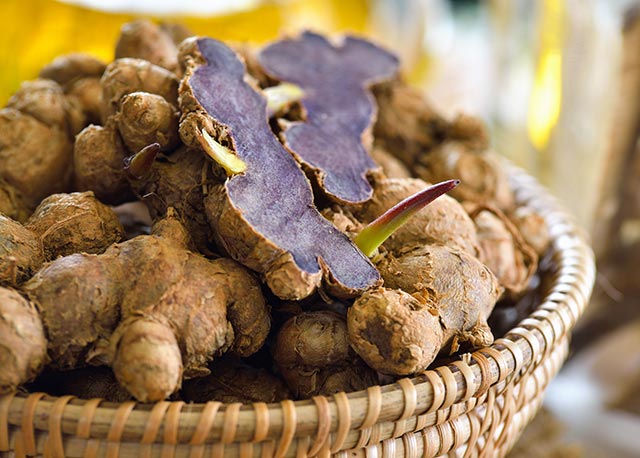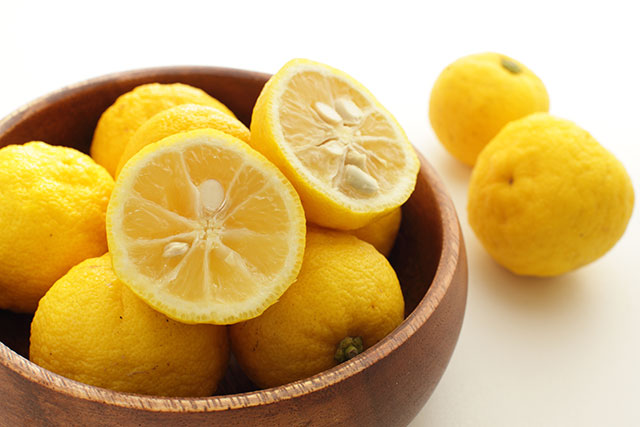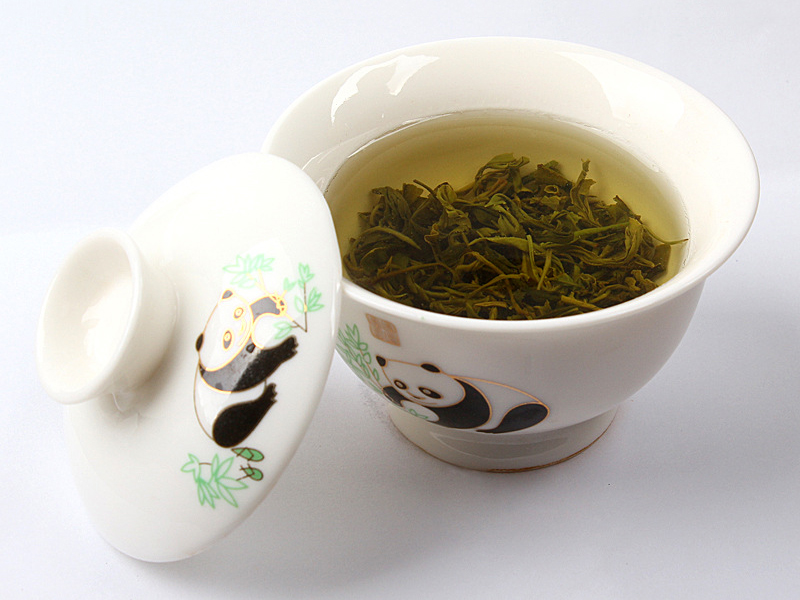Research shows Lion’s mane mushroom can combat dementia and cognitive decline
01/12/2024 / By Lance D Johnson

Currently, there are more than 55 million people who suffer from dementia worldwide, and nearly 10 million new cases of dementia are diagnosed each year. Cognitive decline has become such a pervasive issue in modern society; it has become normalized across the political spectrum. Some of today’s government officials show serious cognitive decline, and even the de facto President of the United States routinely stumbles around in a stupor, taking cues from handlers and mumbling incoherently at times.
Cognitive decline is a serious health issue worldwide, but in many cases, there are ways to reverse the damage, prevent the death of neurons and regenerate neuronal pathways. Lion’s mane mushroom is an important medicinal food that can promote the biosynthesis of nerve growth factor and effectively combat dementia.
Lion’s mane mushroom promotes the biosynthesis of nerve growth factor
A study published in Mycology finds that Lion’s mane mushroom (Hericium erinaceus) synthesizes two very important compounds for nerve growth – Hericenones and erinacines. These compounds are derived from the fruiting body and mycelium of the mushroom. Both compounds promote the biosynthesis of nerve growth factor (NGF) and therefore have value in the prevention and treatment of dementia.
Scientists have isolated two erinacine derivatives and two erinacine diterpenoids (Cyatha-3 and 12-diene with isomer) that promote NGF. Scientists have also demonstrated NGF-stimulating activity from three other compounds in Lion’s mane – Hericenones C, D and E. One of the compounds, 3-Hydroxyhericenone F, showed protective activity against endoplasmic reticulum stress-dependent Neuro2a cell death.
Two other species of the mushroom contained several compounds that promote nerve growth factor. Sarcodon scabrosus (A-F) and Sarcodon cyrneus (A-I, P, Q, J, R, K) all show promise for prevention and treatment of cognitive decline.
Interestingly, both the Hericenones and erinacines are low-molecular weight compounds that cross the blood-brain barrier with ease. The lion’s mane mushroom was designed at the molecular level to positively affect the brain and heal the nervous system, promoting peripheral nerve regeneration and advancing learning abilities into old age.
High blood sugar levels harden arteries, increasing risk of dementia
While there are ways to reverse cognitive decline through medicinal foods, the prevention of dementia should always be approached through a holistic perspective. When treating dementia, it’s equally important to eliminate the chemicals that are promoting cognitive decline. High blood sugar levels are known to harden the arteries, increasing the risk of blockages in the brain. Obstruction of blood flow to the brain can inhibit blood supply to the nerve cells, resulting in impaired brain function.
A study published in the Nutrition Journal found an association between regular consumption of sugary beverages and dementia risk. The study found that free sugars in beverages can increase dementia risk by upwards of 39 percent. The study included a dietary analysis from 186,622 participants from the UK Biobank cohort. The analysis spanned 206 types of food and 32 types of beverages consumed over the course of 10.6 years. The analysis found a correlation between fructose, glucose and sucrose (table sugar) and dementia risk. The free sugars in soda, fruit drinks and milk-based drinks were strongly related to dementia risk, while the sugars in tea and coffee showed minimal risk.
Herbal teas – including but not limited to: green tea, chamomile, lavender and lemon balm – are all wonderful alternatives to sugar-laden drinks. These beverages, when sweetened with plant-based stevia extract, also provide the body with antioxidants, polyphenols and theaflavins that fight free radicals and therefore protect the brain.
Dementia doesn’t have to plague the population and dumb down the people who are running our government and institutions. Advanced learning can continue into old age. Herbal teas can replace sugary beverages in the diet, thus protecting the brain. Medicinal foods like lion’s mane mushroom can heal damaged neurons while promoting new neuron growth.
Sources include:
FungalBiotech.org [PDF]
Submit a correction >>
Tagged Under:
alternative medicine, arterial blockage, brain function, brain health, dementia, food cures, food is medicine, herbal medicine, Herbs, Holistic Approach, lion's mane, medicinal foods, memory, natural cures, natural health, natural medicine, natural remedies, nerve growth factor, neuron regeneration, prevention, research, sugary beverages
This article may contain statements that reflect the opinion of the author
RECENT NEWS & ARTICLES
COPYRIGHT © 2017 PHYTONUTRIENTS NEWS




















